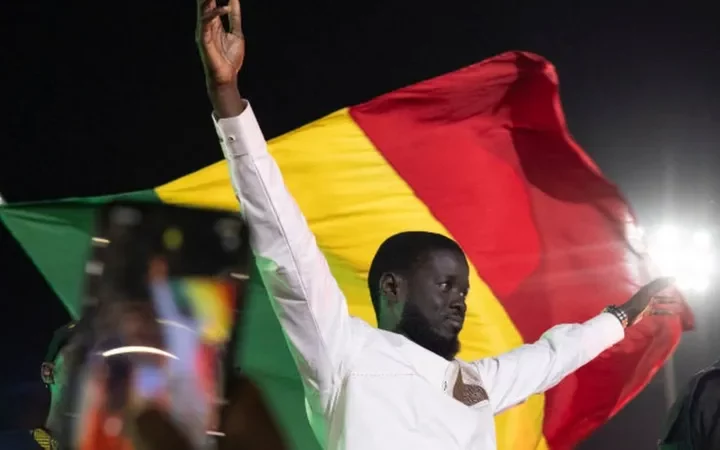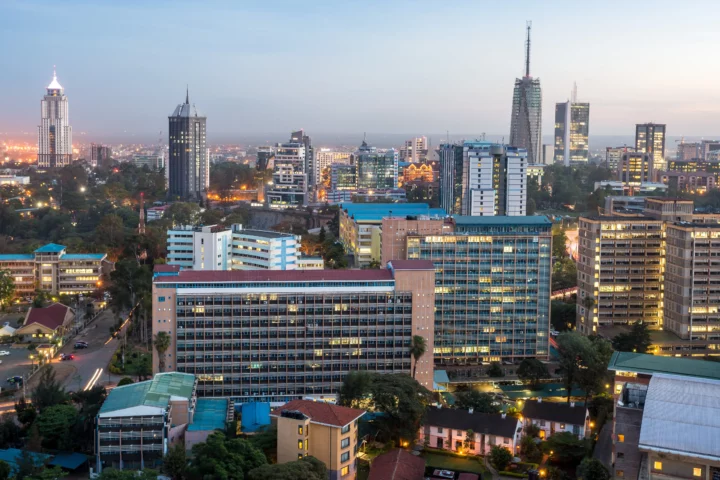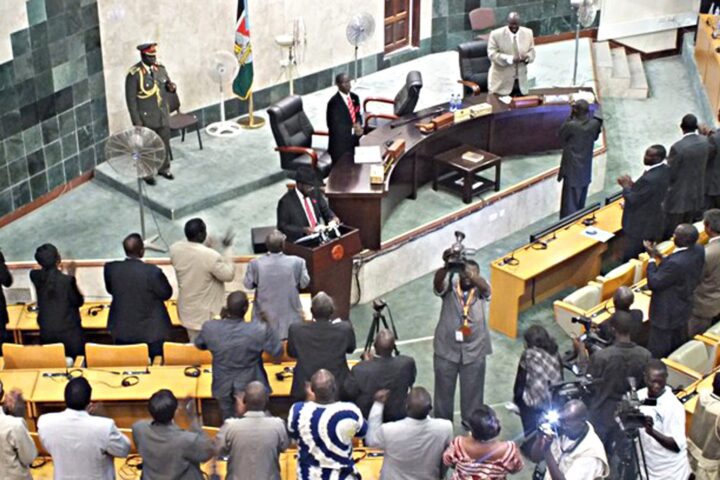Ugandan President Yoweri Museveni provided a detailed update on al-Shabaab’s attack on the African Union peacekeepers stationed at the Bulamareer base, in which a tragic 54 Ugandan soldiers were killed in the line of duty.
Last week, al-Shabaab, a Somali extremist group, reported an attack against the base located about 130 km away from the capital of Somalia, Mogadishu. Al-Shabaab reported 137 fatalities in the attack, however, Museveni reported that the UPDF (Uganda People’s Defence Force) had since reclaimed the base by Tuesday.
Many of the Ugandan soldiers had attended the scene to help retrieve their fallen brothers and while this was a sombre moment it was also a testament to their bravery in the midst of challenging times.
The 54 soldiers showed resilience and heroism by serving in the African Union Transition Mission in Somalia (ATMIS) and protecting the people of Somalia from al-Qaeda linked extremist groups like al-Shabaab. The president said that the “soldiers demonstrated remarkable resilience and reorganised themselves, resulting in the recapture of the base by Tuesday”.
Their bravery will not be forgotten and perhaps, this will stand as a reminder of their service and sacrifice during their mission to rid the Somali people of al-Shabaab. Not only have they put their lives on the line to protect their homeland but they also fought for the ideals of freedom and democracy in the region.
Since 2006, the militant Islamist group Al-Shabaab has been diligently working towards a single goal: replacing Somalia’s Western-backed government with their own, exclusively Islamic law. Established in 2006, al-Shabaab is an offshoot of the Islamic Courts Union, which started the Somali Civil War the same year. Although the Somali Civil War is ongoing, Al-Shabab has been, and still is, the main offensive force. Their rule of law is called Islamic Sharia law, which is based on several interpretations of Islamic scripture.
In August of 2020, the Somali government pushed back against the militant group in an aggressive show of force. This offensive has pushed back al-Shabaab from controlling much of its land from previous years. However, still today, al-Shabaab is capable of executing large-scale attacks on both public and military assets. In addition to their attacks on the Somali government, al-Shabaab have struck out against neighbouring countries such as Kenya, in retaliation for the assistance Kenya provided Mogadishu.
Since 2022, the African Union Mission in Somalia, also known as ATMIS, has been helping the Somali government fight against Al-Shabab. ATMIS has 22,000 troops currently deployed to Somalia to help provide stability to the country. ATMIS is a direct replacement for the African Union Mission in Somalia (AMISOM), which was previously aiding the Somali government in their battle against Al-Shabaab.
Currently, it is uncertain how long Al-Shabaab will remain a potent threat in the Horn of Africa. Somali military forces, in continued support from AMISOM and ATMIS, have been successful in halting the militant group’s infiltration into major metropolitan areas. Yet due to the ever-persistent insurgency of the militant group, attacks, bombings, and other atrocities still threaten the stability of the Somali government. Furthermore, Al-Shabaab persists in its goal of enforcing their own version of Islamic law on the people of Somalia, and has struck harshly against anyone who resists.





























